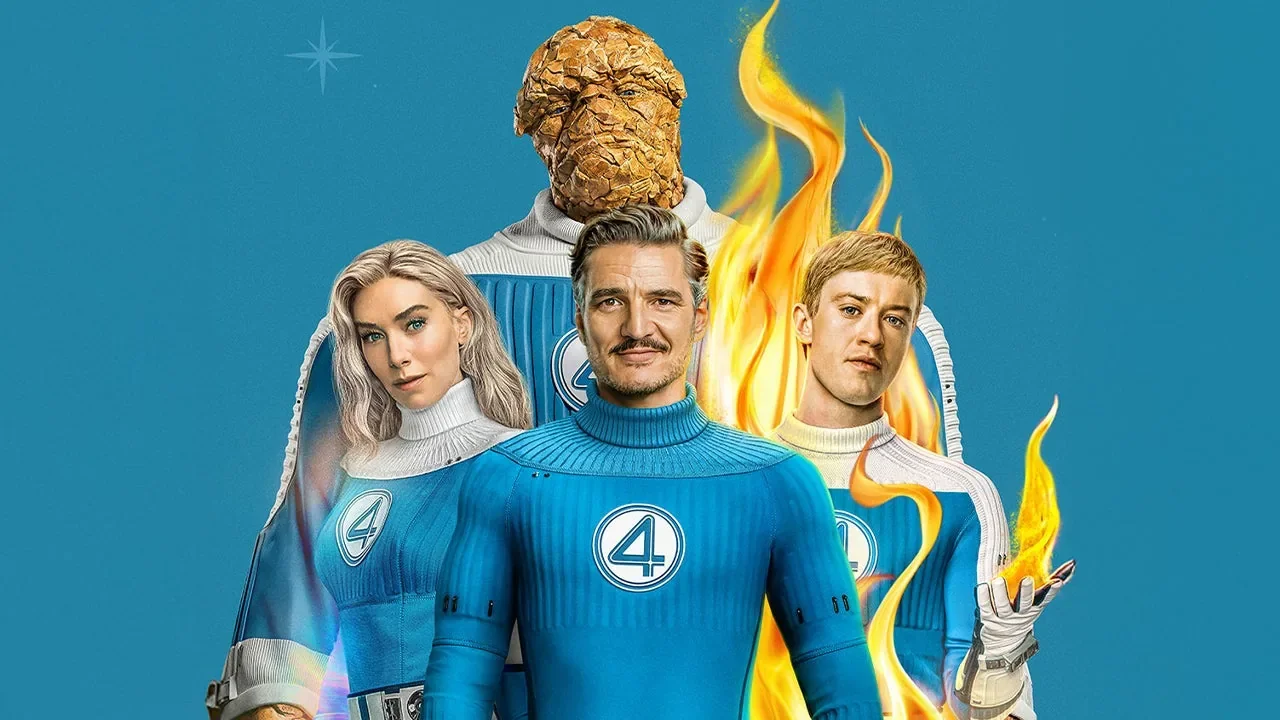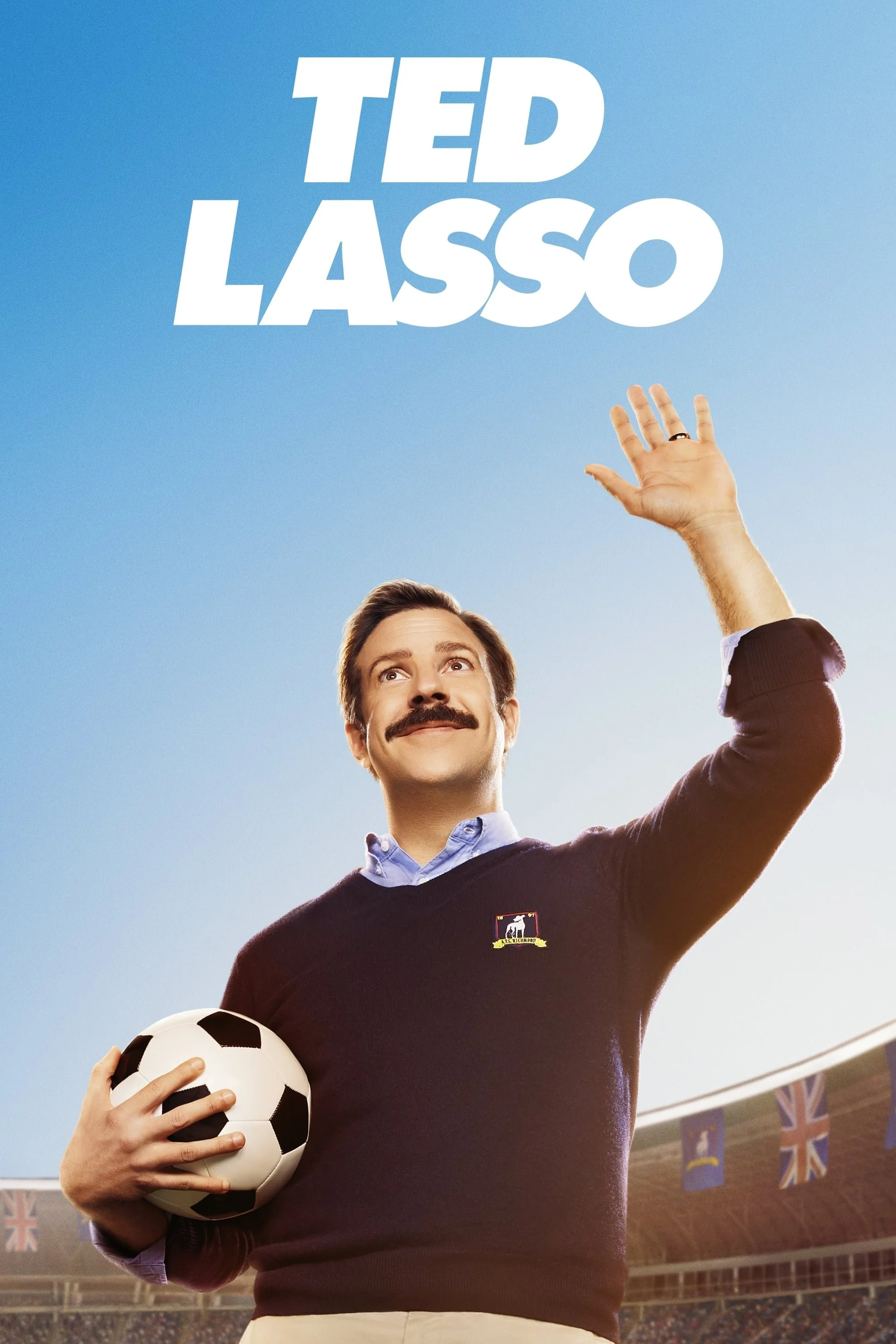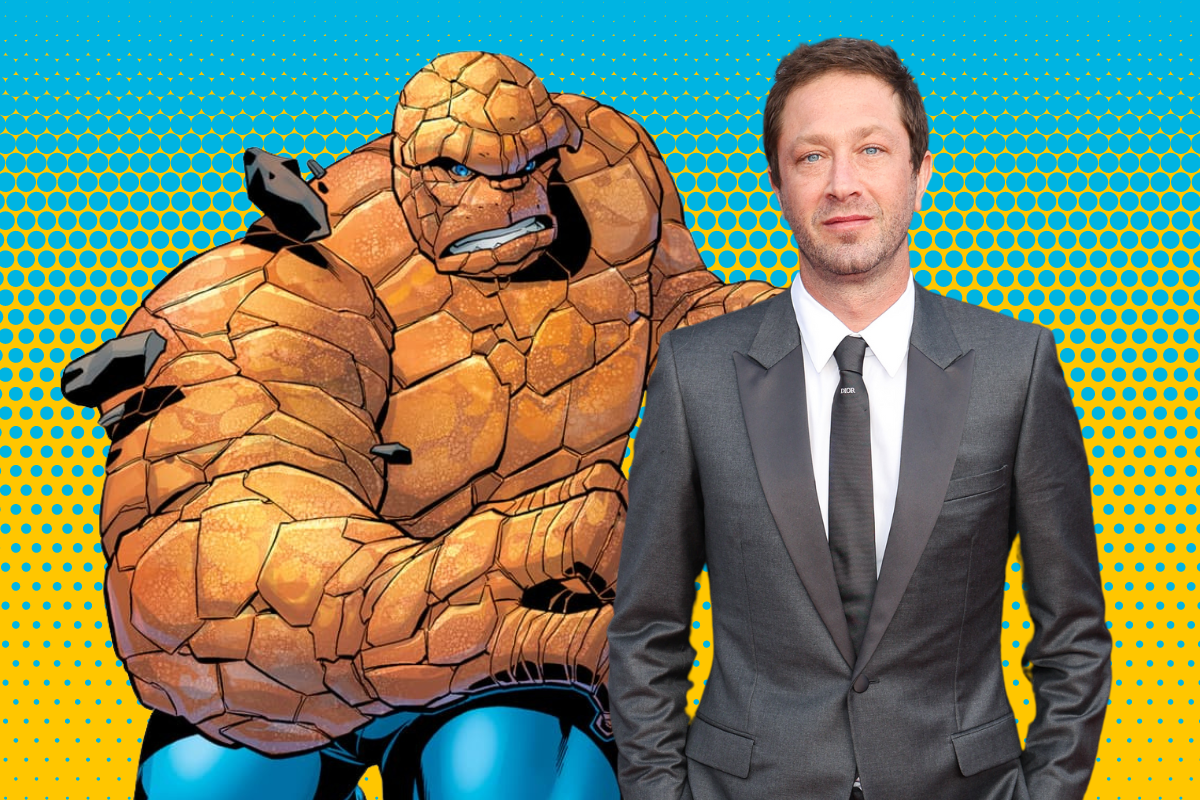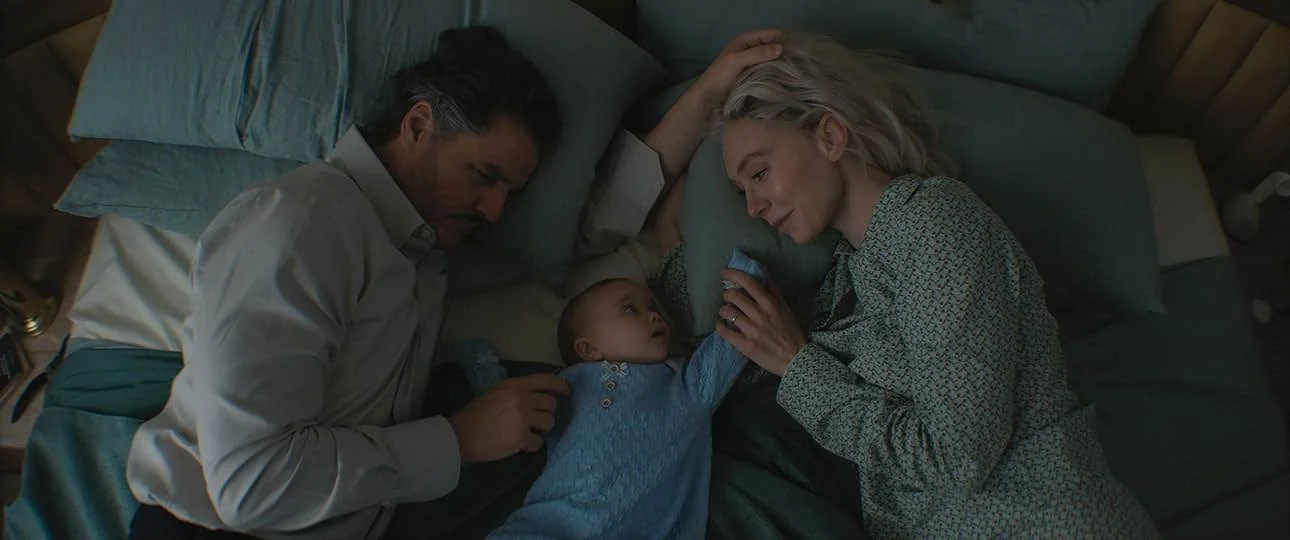Fantastic Family
My Mother Used To Say 'A Mother Would Move Heaven And Earth For Her Child.'
– Susan Storm in Fantastic Four
The Fantastic Four
First comes love, next comes marriage, then comes a Kelce in a baby carriage?
There has been great consternation due to dramatically falling birth rates in the U.S., and the concerns are warranted. Gen Z is just entering child-bearing age, and although the trend lines with regards to birth rates compared to Millennials are not presently showing much difference, there are several factors that could cause the childlessness rate to reverse over the next decade.
Gen Z seems to be reversing the trend seen over the past 20 years to disengage from organized religion. Although Gen Z is highly spiritual, it is not a given that they would be attracted to institutionally expressed religion rather than personal experiences and practices. What is clear is that the collapse of organized religion seems to be stabilized; there are strong indications that Gen Z is finding its way, many for the first time, to local churches, synagogues and other places of worship. And there is a strong correlation with religious affiliation and child bearing. It is possible, therefore, that this return to religion will result in a back-to-the-baby-bump trend as well.
Gen Z had the unique experience of being with their families during the trying and formative years of COVID isolation. They see the critical role that family plays for security, and researchers such as Springtide and Jean Twenge have commented on Gen Z’s closeness with their parents. The number of Gen Z living with parents in their early 20s due to challenging economics has also led to a greater appreciation for the role of family stability.
In addition, as we noted in our review of Superman, Gen Z is the first “post-post modern generation.” Rather than deconstructing established conventions and beliefs, they look to reconstruct them, but with this particular perspective of inclusion and hope. According to Psychology Today, “Metamodernism” can be considered:
a kind of higher-order synthesis that includes and transcends both the modernist thesis about rationality and science and the postmodern antithetical critique. In addition, metamodernists tend to view the current state of our knowledge to be overly chaotic and fragmented and advocate for a more integrated pluralism that allows for positive, constructive work on what some have called a "post-postmodern grand meta-narrative.”
Just as this framework is more favorably toward organized religion, it is likely to be more favorably toward the nuclear family.
“I will not sacrifice my son for the world. but I will not sacrifice the world for my son,” Sue Storm proclaimed, channeling Gen Z’s metamodern “oscillation between aspects of both modernism and postmodernism.” The Millennial “I can save the world” drive is being tempered with “I want stability and certainty in a world that has been deconstructed.” Other early indicators of this vibe shift are recent reports of a decline in divorce rates and an increase in long-term savings to buffer the uncertainties of the future.
Fantastic Four, in this regard, is one of the first metamodern superhero films. Although Superman also reflected these shifting commitments, notably with a critical role for his parents, Fantastic Four was all about being pro-child, pro-family and even pro-faith.
One of the low-key but still very visible characters was that of Ben Grimm, otherwise known as The Thing. The Fantastic Four was created by Jack Kirby and Stan Lee in the early 1960s. Their real names were Kurtzberg and Lieber. Back in the 1940’s and 1950’s, they felt they had to hide their Jewishness by changing their names. The Thing was their creation, whose physical identity was changed, true identity hidden. And the Thing was Jewish. Sadly, this was hidden in the previous films, but in the current one, played by a Jewish actor, his faith is highlighted.
“The Thing” played by Jewish actor Ebon Moss-Bachrach
Metamodernism embraces true identity in faith, it does not obscure it. Metamodernism celebrates family, doesn’t deconstruct it. And metamodernism may reverse the declining birth rate, as long as the economy doesn’t keep them from it. Financial considerations are the number one reason Gen Z is hesitant to have children. This is why policies that provide paid family leave, increase the child tax credit, and ensure flexible, affordable, and family-friendly childcare options are at the top of our agenda at Clapham, as they increase “common ground” through shared flourishing.
I recently gave a talk to Gen Z students at a national conference hosted by Interfaith America, and closed with the following three encouragements:
Don’t be afraid of Truth. Postmodernism relativizes Truth, but without Truth we spiral into nihilism.
Don’t hide your religious identity and convictions … in fact share them. Religion is good for both societal and personal health, so promote it!
On the eve of our 250th, celebrate the America we can be. You can lead the way to re-construct the aspirations of our Declaration’s “inalienable rights” and our Constitution's “Blessings of Liberty” by overcoming the polarization that keeps us from shared flourishing and from building a “more perfect union.”
“You can overcome the cynicism and hopelessness of the age with just one word,” I concluded, “friendship.” Living out Truth in love in relationships with people of different beliefs is what we need. Only through authentic friendship can we overcome the demonization of “the other.”
Fantastic Four not only celebrates family and life (pre- and post-birth), but it also channels the Gen Z instinct to reverse America’s decline in family and faith, while not trying to recreate a past that never truly was. The diversity of the Fantastic Four film’s family is, by itself, a reimagining of the old with commitment to the new. It also embodies the Gen Z commitment to imagining a hopeful future while not downplaying the challenges we face personally, culturally and globally. This is what Gen Z’s metamodern outlook will be bringing to our future, and we welcome it.
That’s what family is. It's about fighting for something bigger than yourself. Connecting to something bigger than yourself.
– Susan Storm in Fantastic Four







